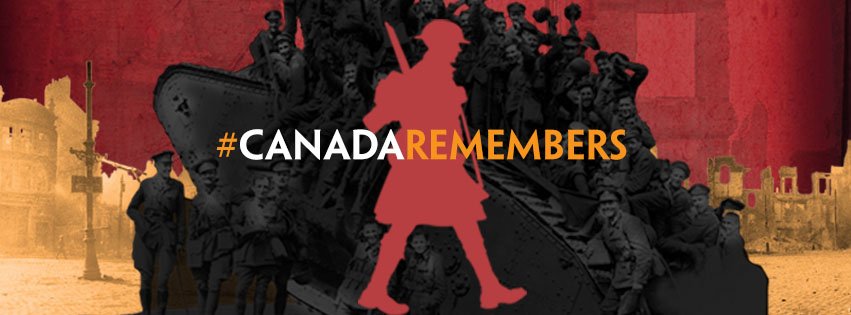
Founded in 2013, two Canadian Armed Forces veterans Mike Southwell and Fabian Henery, created Marijuana For Trauma to be a support group for veterans who have PTSD. Now operating as Canada House Clinics (CHC), CHC provides “therapeutic cannabinoid therapy” through their fourteen clinics across Canada. Additionally, CHC has spent more than $250,000 on Veteran peer support and events.
Outside of building bridges between Canadian veterans and medical cannabis, Southwell and Henery have been fierce advocates to the Federal Government regarding reimbursement limits for veterans.
Fast forward to today, Veterans Affairs Canada (VACs) cannabis policy and attitudes have shifted drastically. Reimbursement for a medical cannabis prescription began in 2007 when a veteran was reimbursed on compassionate grounds. In 2020, 15,369 clients were compensated, who made up a quarter of Canada’s medical cannabis market by spending.
A year into the Liberal Government’s mandate in 2016, the former Veteran Affairs Minister publicly spoke of his shock to “learn that the former government began reimbursing veterans for cannabis with no policy in place.” At the time, Veterans were eligible for coverage of up to 10 grams per day. That November, VAC introduced a reimbursement policy on cannabis for medical purposes. This policy established a maximum three-gram per day limit with a fixed rate of up to $8.50 per gram, based on the opinions of medical experts.
Following the decision, VAC was met with pushback from some veterans, including Southwell and Henery. Holding to their beliefs that cannabis can be a tool in preventing suicide and treating PTSD symptoms, Henery completed a 750-mile protest walk. Other veterans such as Noah Star launched a GoFundMe campaign to raise money for veterans with a cannabis prescription to attend a protest planned against the changes.
In response to concerns raised by advocates and advocacy groups, the Standing Committee on Veteran Affairs launched a study on VAC’s cannabis for medical purposes program. In June 2019, The Standing Committee on Veterans Affairs tabled its 13th report, Medical Cannabis and Veterans’ Well-Being.
The Committee’s report examined the implication of Veterans’ mental health related to medical cannabis. It made numerous recommendations that included research efforts and creating access for remote or rural veterans. Unfortunately, before the government could respond, the House of Commons was dissolved in September 2019 for the federal general election, which immediately ended the requirement to respond to House committee reports.
Canadian Veterans deserve continuity of care, focusing on the quality of care over time with a shared goal of high-quality, cost-effective medical care. As the cannabis industry continues to innovate and consumer pathways open, businesses and the government will continue to play a crucial role in ensuring Veterans have access to medical cannabis without barriers. What Can Cannabis Be for Canadian veterans?


